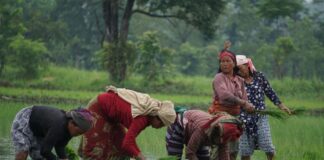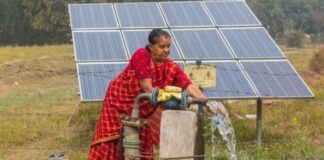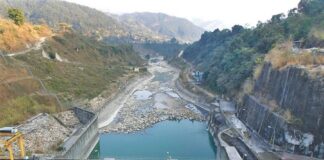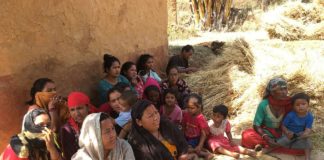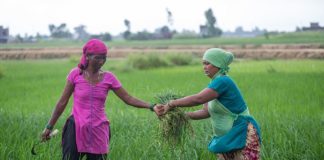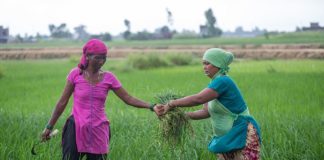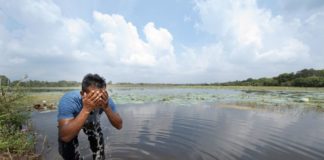Home 2023
Archives
Making Nepali farmers happy
The integration of groundwater-based irrigation systems with farmer-managed irrigation systems holds great potential, says IWMI researchers.
Kathmandu Post: Reviving Nepal’s agriculture
Nepal’s agriculture is largely dominated by small and medium holder farmers practising a mixed farming system (MFS) which includes multiple cropping practices like growing vegetables and fruits and raising livestock.
Kathmandu Post: Grid-connected solar irrigation
Groundwater (GW) irrigation through shallow tube wells (STWs) powered by diesel pumps has been crucial for farmers in the Terai belt since the 1970s (Asian Development Bank, 2013) due to low investment cost, easy repair, and an established supply chain.
Kathmandu Post: Sharing energy benefits
Nepal’s energy sector has vastly improved from just a few years ago. The Nepal Electricity Authority (NEA), the country’s monopoly electric utility, is highly profitable after decades of persistent losses.
The Himalayan Times: Subsidised solar irrigation pumps: Not benefitting needy farmers
A survey conducted by the International Water Management Institute found that more than 40 per cent of the farmers received solar pumps for free.
Supporting Nepal’s hill farmers to enhance their livelihoods through mixed farming
The hilly region of Nepal faces low productivity issues in the mixed farming system due to its’ challenged agro eco-system.
Women’s leadership in the Water, Energy, Food and Ecosystem (WEFE) Nexus...
Social justice and equity must drive a sustainable approach. Women and disadvantaged groups need equal growth opportunities to become the next generation of Water, Energy, Food, and Ecosystems Leaders.
Why joint consideration of the water, energy, food, and environment sectors...
As IWD approaches, CGIAR is launching a new research initiative – NEXUS Gains – that focuses on developing integrated innovations and solutions across the water, energy, food, and environment (WEFE) sectors.
Learning and unlearning through role-play
How participatory gender workshops are enabling communities in Nepal
How water can boost environmental health and biodiversity
As a result of IWMI’s work in the realms of e-flow monitoring and aquifer recharge, water management for rivers and aquifers has been strengthened.



